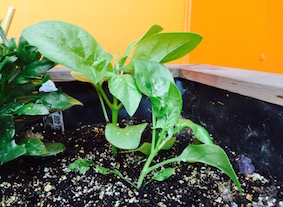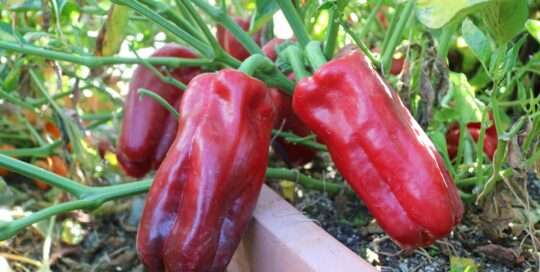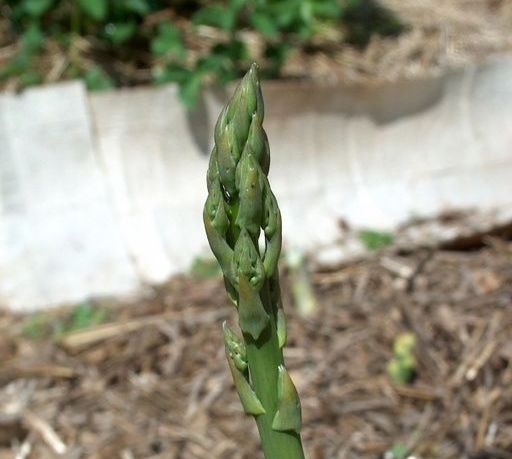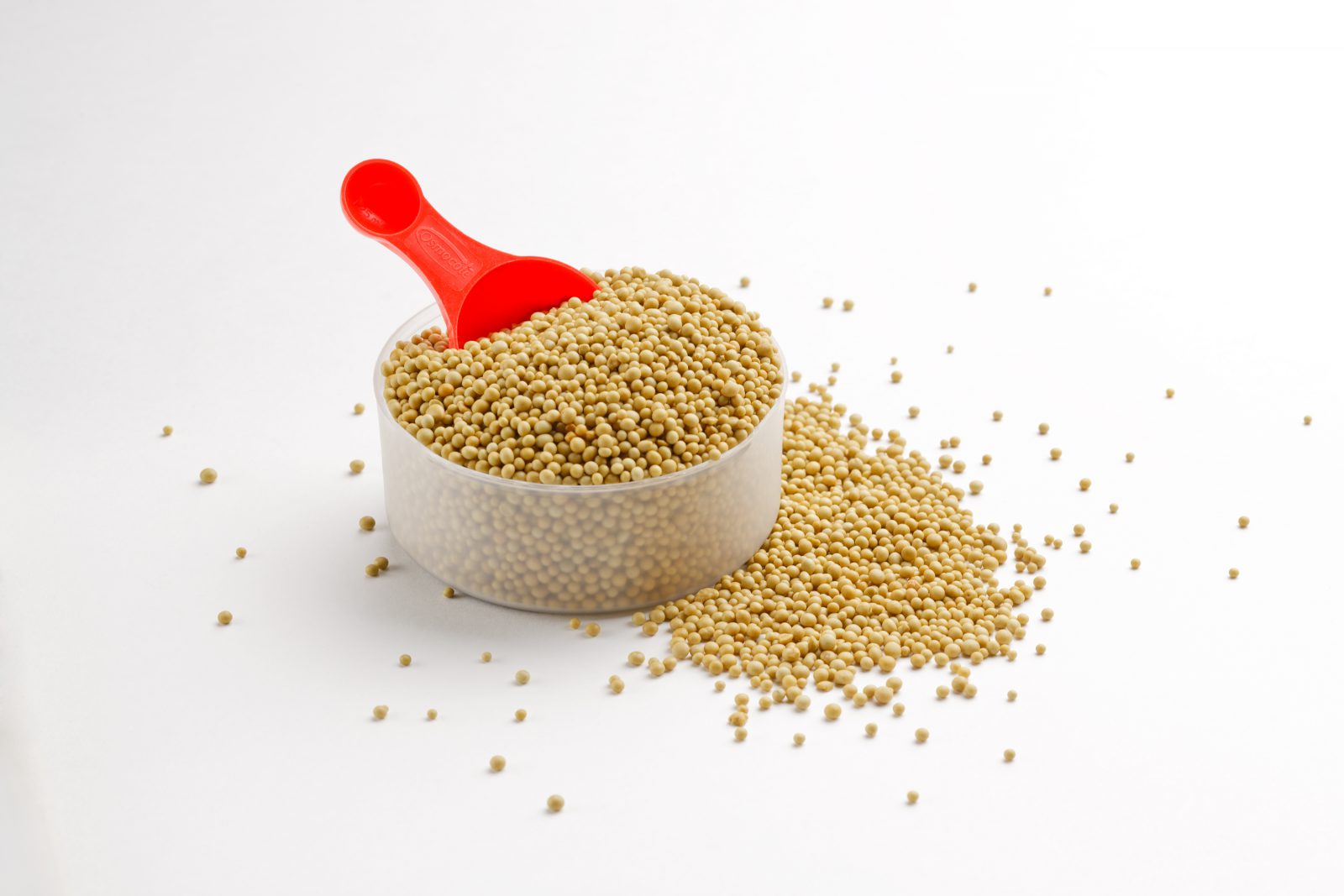Gardening in Dry Spring Weather
Views: 5828

We may have received record snowfall this winter in the Northeast, but this spring has so far has been dry, dry, dry. Other regions of the country are experiencing historical droughts. Gardeners in those areas specifically need to learn whole new ways of gardening, if not a whole new plant palette.
Spring here has been not only dry, but hot as well. Going from frigid temperatures to quite warm is difficult for the newly planted small vegetable plants in the garden. Being stressed both with heat and lack of water can do a number on any newly transplanted vegetable plant. It’s not the plants that have to adapt to their growing conditions; it’s the gardeners that need to learn new ways of gardening.
What gardeners must do with dry spring conditions
Here’s what we gardeners used to do. Prepare garden beds, go to the garden center, buy a whole mess of baby plants, plant them up in one day, water them in really well, and maybe come back in a couple days to check in. Layers of mulch—meant to keep the soil cool, keep weeds down and slow evaporation from the soil surface—came a few weeks later when those pesky weeds started popping up.
Here’s the smarter way.
• Compost. Add lots of compost to the soil before planting. This helps the soil retain moisture.
• Water before planting. Thoroughly water the soil before planting, maybe even a few hours ahead of time to let the water soak in. This ensures that when the plants go into the ground their roots are already in contact with moisture.
• Water again after planting.
• Add more compost. Add a layer of compost or mulch while the soil is still moist. Don’t wait!
• Build shade structures. Consider propping up some type of shade-providing structure over your plants to lessen the intensity of the sun and to slow evaporation at a vulnerable stage as the plants establish themselves into the ground.
• Check daily: Check on your newly planted babies every day. Remove any leaves that might not be completely healthy, as these will use water in the process of dying. When watering, check to see that the water is indeed getting down into the root zone.
Meet Ellen Wells
When you’re raised on a farm, you can’t help but know a thing or two about gardening. Ellen Wells is our expert on edible gardening.…
Ellen's Recent Posts

Pepper Red Impact an All-America Selections Winner






